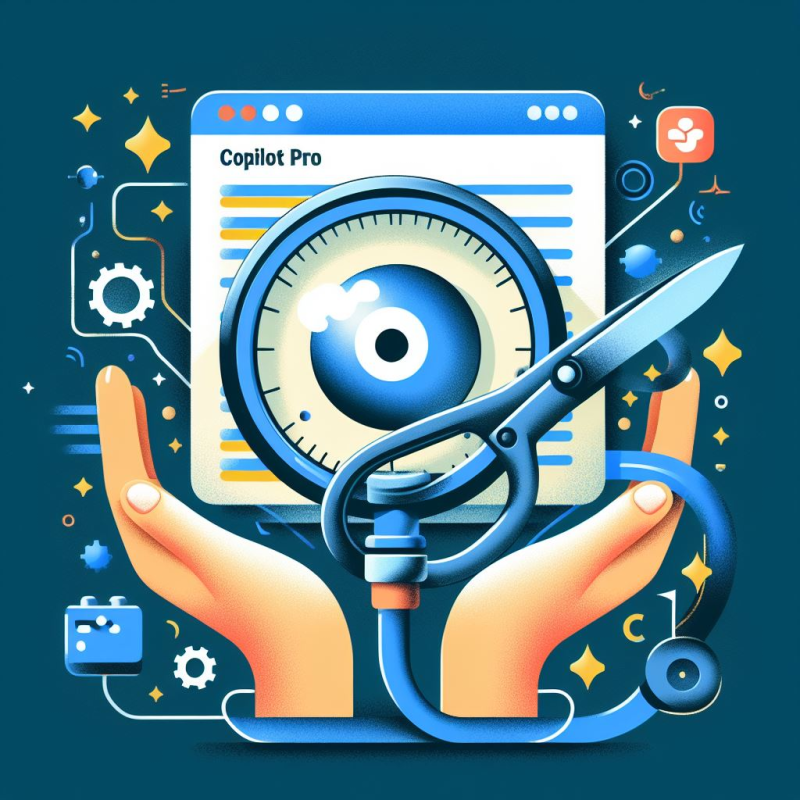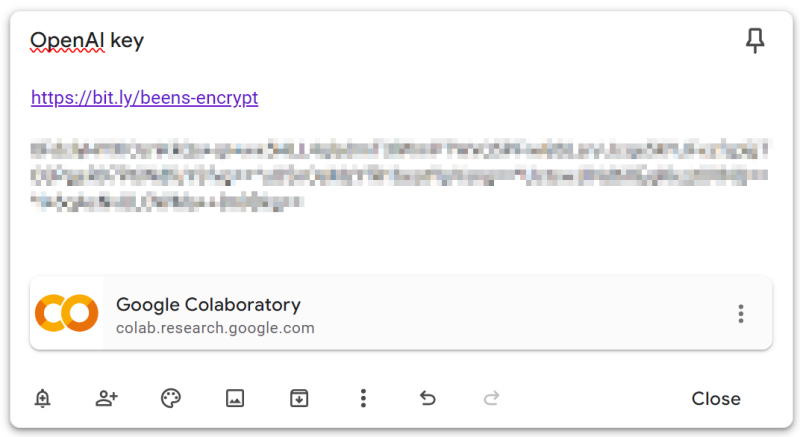I’ve been experimenting with creating custom GPTs to make my workflow in Obsidian (my primary note-taking app) much smoother. Two of these GPTs have quickly become essential tools for me:
1. Find Keywords
This GPT lets me paste in any article or block of text, and it automatically generates a clean list of keywords. Even better—it formats them directly in Obsidian link format, so I can copy and paste them into my notes without any extra editing. It’s a simple way to build a connected web of topics in my vault.
Continue reading “Free Tools for Obsidian Users: Keyword Finder & Topic Page Generator”






